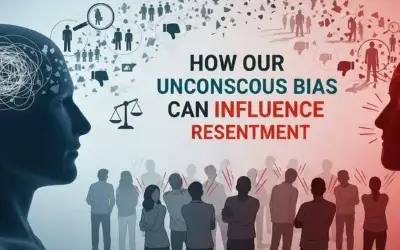
Understanding the Impact of Betrayal
Post Infidelity Stress Disorder (PISD), as outlined by Ortman (2005), highlights a traumatic response akin to PTSD in 60% of individuals who experience sexual betrayal. While not ‘life-threatening,’ the symptoms mimic those of PTSD, stemming from a profound sense of betrayal and the secretive nature of affairs. For more insights, visit our homepage.
The Emotional Turmoil of PISD
Victims of infidelity often find themselves trapped in a cycle of reliving the betrayal, leading to avoidance behaviours that ironically amplify their trauma. This avoidance can escalate into a range of intense emotional responses, from anger to profound sadness, disconnecting individuals from their surroundings and even from their sense of self.
The Physiological Reactions to Betrayal
The affair’s aftermath can severely disrupt sleep patterns, induce nightmares, and trigger flashbacks, keeping the individual in a constant state of hyperarousal and anxiety. This heightened state of alert leaves no room for relaxation or peace, exacerbating the feeling of being perpetually on edge.
The Internal Struggle with Blame and Anger
The journey through PISD often involves wrestling with feelings of self-blame and guilt, questioning one’s role in not foreseeing or preventing the betrayal. This internal conflict can lead to a redefined self-narrative, connecting the individual to the affair through perceived acts of omission or commission.
The Role of Therapy in Healing from PISD
Given the parallels between PISD and PTSD, therapy becomes a crucial avenue for recovery, focusing on revisiting the trauma to alter the victim’s self-perception and their view of others and the world. Rebuilding trust in relationships and finding safety again are central themes in therapeutic work.
Finding a Path Forward After PISD
In conclusion, the journey through Post Infidelity Stress Disorder is fraught with emotional, psychological, and physical challenges. The betrayal cuts deep, leaving scars that affect not just the perception of the relationship where the betrayal occurred but future relationships as well. Healing from such profound trauma requires time, patience, and often professional support. It’s about rebuilding from within, redefining one’s narrative, and slowly restoring faith in the possibility of trust and safety in intimacy.
Seeking Support and Professional Guidance
If you or someone you know is struggling with the aftermath of infidelity and its ensuing stress, know that support is available. Navigating the healing process alone can be overwhelming, but with the right help, recovery and growth are within reach. If you’re looking for compassionate, professional support to guide you through this challenging time, fill in the form below. Together, we can set up a consultation to discuss your needs and how we can assist in your journey toward healing and rediscovery.












